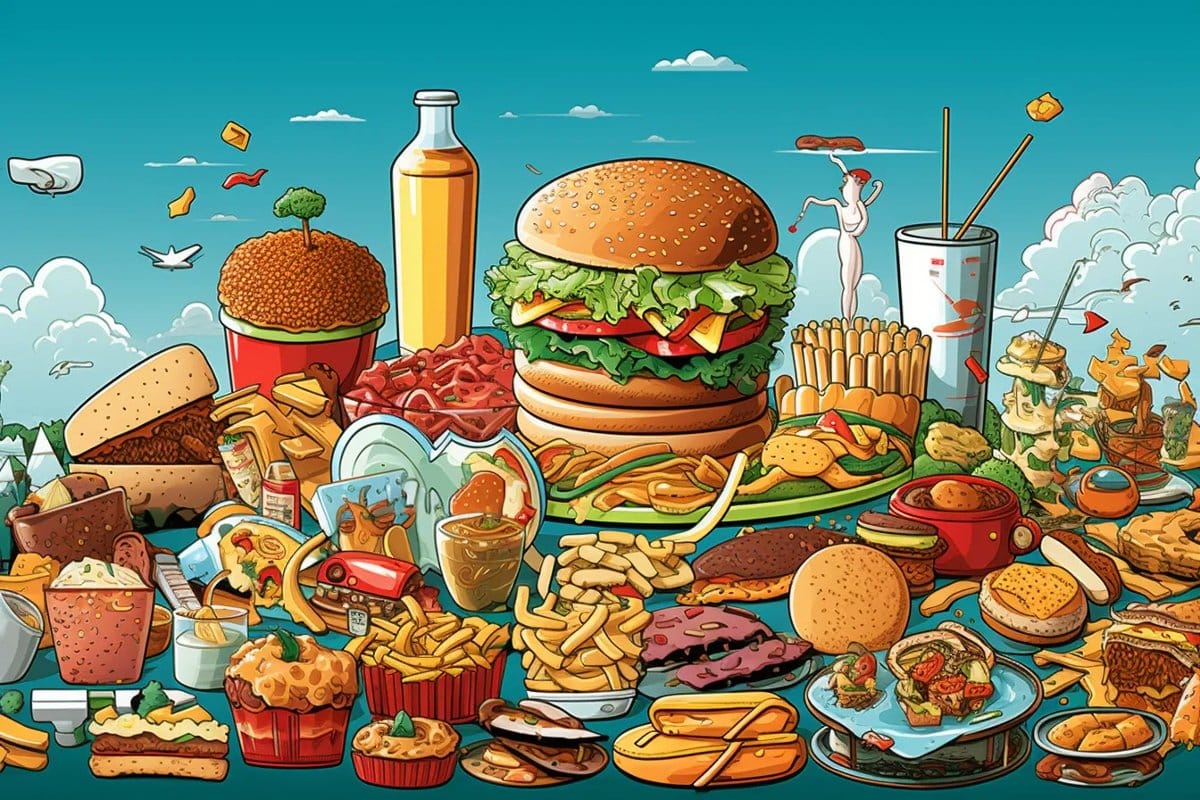The Impact of Processed Foods on Food Choices: New Reveals
Summary: A recent study has gone against conventional thinking about food preferences, especially in relation to ultra-processed foods (UPFs). This study, which engaged 224 adults, thoroughly analyzed the reactions to 52 different familiar foods based on factors such as energy density, level of processing, and carbohydrate-to-fat ratio. Surprisingly, the findings showed that UPFs did not …










